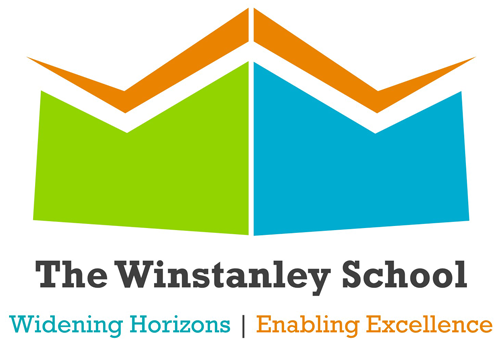Computer Science
In Key Stage 3 we cover components from both ICT and Computer Science. Students are given opportunities to learn about how computer systems work, how to use software to develop solutions and use a variety of programming languages to develop games and programs.
The course is mostly practical with students working through given problems to create a solution. In the ICT components students will learn about computer systems including hardware and software and develop their solutions with software such as spreadsheeting, work processing and presentation packages. In the Computer Science components students will learn to code with programmes such as Scratch, Small Basic and Python. They will learn to develop websites using HTML and CSS.
Students are guided through the units and encouraged to employ a growth mindset when developing solutions. They are encouraged to develop solutions, find errors and create deliverable products.
KS4 Computer Science
An education in Computer Science equips students to use computational thinking and creativity. Computer Science has links with mathematics, science and design and technology. Computer Science students are taught the principles of information and computation, how digital systems work, and how to use this knowledge through programming. Building on this knowledge and understanding, pupils are equipped to use information technology to create programs, systems and a range of content. Computer Science allows for students to become digitally literate – able to use, and express themselves and develop their ideas through information and communication technology – at a level suitable for the future workforce and as active participants in a digital world.
Students work through two components simultaneously. Component 1 is Computer Systems which includes understanding computer systems, networking and the social and ethical use of computers. Component 2 is computational thinking, programming and algorithms. Students solve problems with programming and create deliverable products. There are two exams worth 50% each – one exam for each component.
Students are encouraged to practice and complete their programming skills both at school and home. All programmes used are available on-line. The school uses an online resource to supplement student learning.
KS4 IT
Cambridge National in IT inspires and equips students with the confidence to use skills that are relevant to the IT sector.
As part of this course students will cover the key principles and concepts to create IT products, create complex spreadsheet solutions to meet requirements, learn how augmented reality can be used to present information and create an augmented reality model prototype to be tested and reviewed.
Information Technology is constantly evolving, and new jobs are developing all the time. Students could be employed by tech giants or create their own new innovative products. Students will develop a range of skills to succeed in the workplace. These include analytical skills, creative thinking, digital presentation, problem solving and research and planning.
There are 3 units:
R050: IT in the digital world which includes topics such as HCI and the Internet of Everything. This is one written exam.
R060: Data manipulation using spreadsheets which includes creating a spreadsheet solution. There is one set assignment.
R070: Using augmented reality to present information which includes creating an Augmented Reality (AR) model prototype. There is one set assignment.
